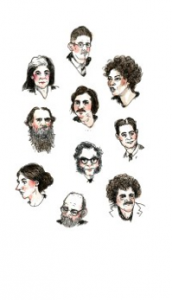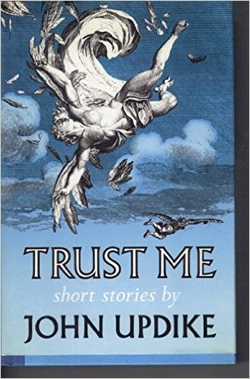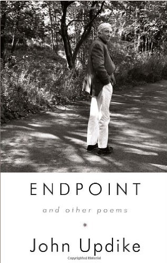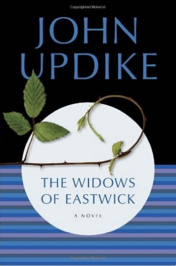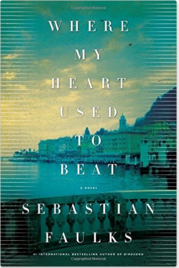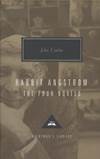 In an essay on books written for Signature: Making Well-Read Sense of the World, Keith Rice contemplates “American Pastoral and 9 Novels of Suburban Desolation,” among them Updike’s Rabbit Angstrom, the four-novel collection:
In an essay on books written for Signature: Making Well-Read Sense of the World, Keith Rice contemplates “American Pastoral and 9 Novels of Suburban Desolation,” among them Updike’s Rabbit Angstrom, the four-novel collection:
“John Updike is arguably the voice of the middle class and suburban angst and his Rabbit series is his master-stroke. Over the course of four novels, Updike traces the life of Harry ‘Rabbit’ Angstrom, a onetime high school basketball star coming to terms with his adult life while trapped in loveless marriage and the confines of a boring sales job. Two of the four Rabbit novels (Rabbit Is Rich and Rabbit at Rest) were Pulitzer Prize winners.”
Other volumes that made the list (“novels” is a misnomer):
Revolutionary Road, by Richard Yates
The Corrections, by Jonathan Franzen
Ordinary People, by Judith Guest
The Dinner, by Herman Koch
The Age of Miracles, by Karen Thompson Walker
Little Children, by Tom Perrotta
The Lovely Bones, by Alice Sebold
The Stories of John Cheever, by John Cheever
American Pastoral, by Philip Roth

